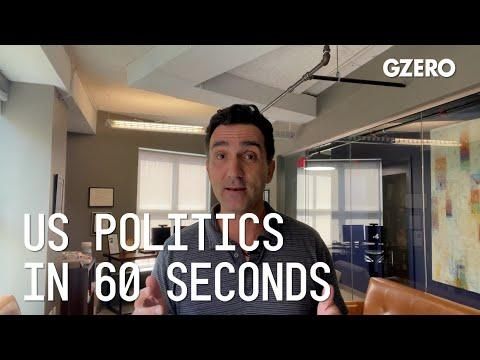
Jon Lieber, head of Eurasia Group's coverage of political and policy developments in Washington, DC, shares his analysis on US politics.
How is Congress planning on raising your taxes to pay for their new spending bill?
The short answer is they aren't. The new spending deal being negotiated by Senate leaders relies on several provisions that raise revenue for the federal government, by allowing lawmakers to claim they aren't raising taxes at all. How's that? By closing what policymakers consider loopholes in the tax code.
A loophole is a tough thing to define. Lawmakers have spent decades mangling the tax code to create incentives and special tax rates for all kinds of activities, including investing in equipment, conducting research activities, and hiring certain classes of workers. These special provisions in the tax code are sometimes derived as loopholes, even though most of them were purposely created by Congress.
These provisions also force companies to keep two separate sets of books to account for their income. One, that investors and accountants keep track of. And one for the IRS. This difference between the income recorded for accounting purposes and the income recorded for tax purposes, is one target the Democrats are going after.
By imposing a new minimum tax of 15% on the much broader definition of book income, Democrats raise over $300 billion to pay for new green energy projects and health care spending. This is a controversial provision in the tax world, however, as it means that several things that are normally deducted from company's income for tax purposes, will be wiped out, somewhat at cross purposes with the intention of the rest of the bill, which is to incentivize companies to make investments in green energy.
Another loophole is a whole bunch of new IRS enforcement agents, who are going to be hired to increase the rates of audits and collect taxes that are owed, but not paid. That's a lot of loophole closing, and together with the savings from prescription drug price controls, this bill on net will close the deficit by about $300 billion over the next 10 years.
And of course a loophole is in the eye of the beholder, as even though lawmakers may not see themselves as raising taxes, the entities that will be paying higher taxes sure will. While some of these tax increases will have effects that spill over to affect a small number of workers. They are raising all of this money without raising a single penny from you, unless you happen to be a large corporation.